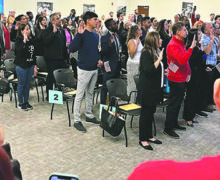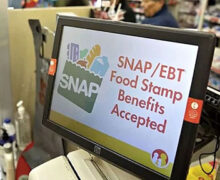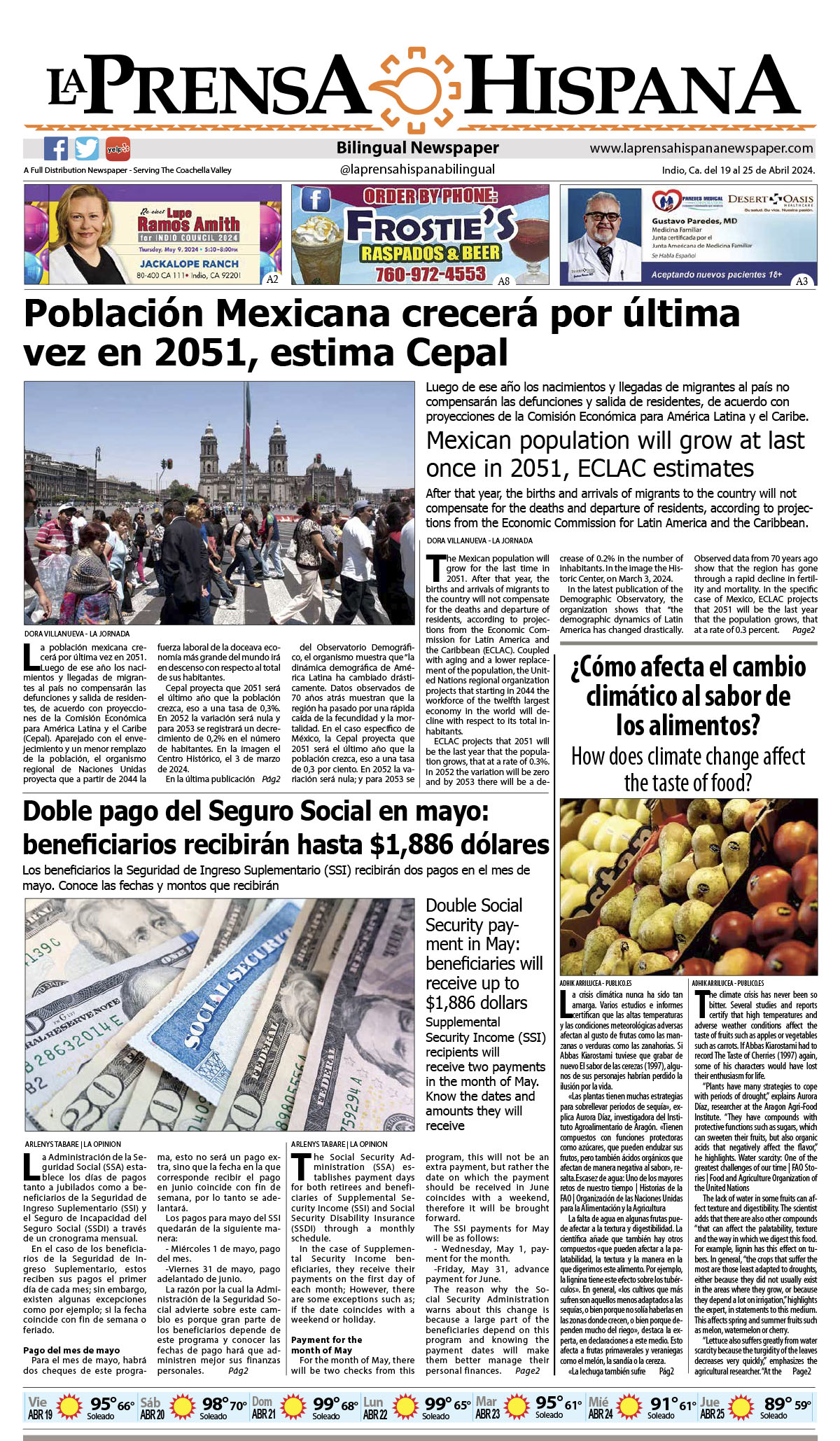“Counting or guessing Hispanic Votes”
Subject: How many and how Hispanics voted in the history making election of November 4.
It is hard to estimate how many Hispanics voted and that can only be quantified by analyzing votes in 100 percent Hispanic precincts and comparing those percentages to actual exit polling taken immediately after voting. The further away from 100 percent Hispanic precincts, the less confidence in numbers.
Problem – Hispanics with Anglo or Asian names that result from intermarriages of Hispanic women and Anglo or Asian named spouses.
Pew Research’s Hispanic Trends has studied Hispanic intermarriage and concludes that one-in-four Hispanic women marry “out” of their ethnic group regardless of national origin. Literally thousands of Hispanics with Anglo/Asian names proliferate their Hispanic mothers marry Anglo/Asian named men every year.
Those studies also indicate that these women and their spouses have higher incomes than the community norm; higher incomes generally mean better education and better neighborhoods than, say, the poverty-ridden Rio Grande Valley.
The situation creates a rift among political observers and pollsters.
The “rift” includes these problems:
Those economically and educationally better off Hispanics that live in suburbs tend to be under-surveyed and under-counted than Hispanics that live in urban areas, barrios and in rural concentrations; i.e. the Rio Grande Valley of Texas.
Better off Hispanics vote in greater percentages and frequency than those in poverty areas. Combining those attributes with Anglo/Asian names, there is a built-in under-sampling – bias — regardless of the methodology used by pollster.
Some pollsters suggest that if any Hispanics are not interviewed in Spanish, the results are faulty.
Some pollsters declare that the existing national sample – exit polls – aren’t accurate for several reasons; (A) the sample is too small, (B) interviews are not done in Spanish, (C) poverty areas are ignored (such as the Rio Grande Valley).
This rift has become public because a University of Washington professor – Matt Baretto – has gathered colleagues into a polling firm (Latino Decisions) that disputes the figures on Hispanic voting done by Edison Research that does Election Day exit polling for a conglomerate media group consisting of the Associated Press, NBC, Fox, ABC and CNN.
Baretto and his people regularly object to exit polling results.
For example: Edison announced that in the November 4th election 63 percent of Hispanic voters voted for Democrats and 35 percent voted Republican. Matt Baretto disputes those percentages.
Edison also announced that Texas Governor-elect Gregg Abbott (R) scored 44 percent of the Hispanic vote. Edison reported that Kansas Governor Sam Brownback (R) received 47 percent of the Hispanic vote and in Georgia, Governor Nathan Deal also scored 47 percent of the Hispanic vote.
Barreto’s Latino Decisions disputes those percentages. He says that his organization interviewed 4200 Hispanics in English or Spanish for 5 days leading up to the election.
He claims his organization found Governor Brownback only had 31 percent support, 16 points below Edison’s Election Day exit polling; In the Georgia governor race, Baretto claims his survey found only 27 percent Hispanic support, 20 points below Edison’s findings on Election Day.
Barreto also declares that “educated” Hispanics are over sampled by Edison and that Edison did not survey in the Rio Grande Valley, one of the country’s poorest areas. How much of the Valley turned out to vote on November 4th? 10 percent?
It doesn’t matter much because Republican Governor-Elect Abbott won 44 percent of the Texas Hispanic vote and U.S. Senator John Cornyn (R) scored 48 percent of the Hispanic vote.
Back to Georgia, Atlanta’s “11Alive” TV station sponsored surveys (Survey USA) for the Governor and Senate races that started in April.
The April poll showed Deal with 38 percent Hispanic support. The August poll showed Deal with 43 percent Hispanic support. The September 19 poll showed Deal with 40 percent Hispanic support. September’s second poll showed Deal with 40 percent Hispanic support and U.S. Senator-elect Republican David Perdue with 44 percent Hispanic support while his Democrat opponent had 32 percent support.
Barreto and colleague Gary Segura challenged “11Alive” Survey USA’s polling as “wildly incorrect speculation.”
The actual results: Governor Nathan Deal scored 47 percent Hispanic support substantially higher than he polled in “11Alive’s” polling over 6 months. Senator-elect Perdue scored 42 percent Hispanic support.
In Colorado, Republican Cory Gardner defeated Incumbent Democratic Senator Mark Udall in 20 of the 21 counties with substantial Hispanic voting populations. In Florida, Republican Governor Rick Scott won 46 percent of the Cuban American vote which coincides with the 60,000 votes he won the state by.
Latino Decisions wrongly polls Spanish-surnamed people before they vote; a reverse “Bradley Effect” of voters lying to pollsters seems at work here along with a large number of Anglo/Asian surnames.
Surprise! Republicans ran higher than their polling with Hispanics on November 4. We know that because the Exit Polls told us so.
Now, about 2016…
Contreras formerly wrote for the New America News Service of the New York Times

























